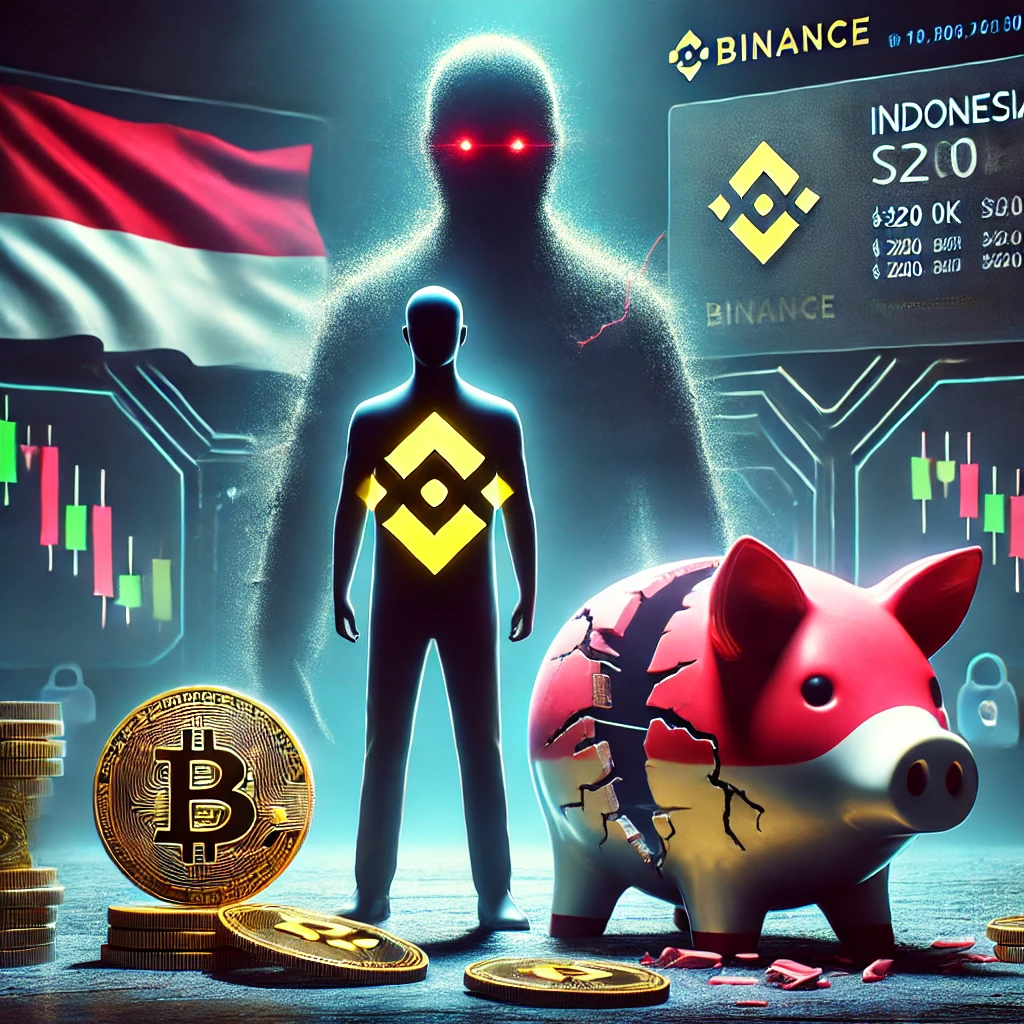
Montenegro’s Supreme Court recently decided to delay the extradition of Do Kwon, co-founder of Terraform Labs, to South Korea. This development follows an intricate legal battle involving arguments from Kwon’s defense team and highlights the complexities surrounding his case.
Do Kwon is a notable figure in the cryptocurrency industry. He co-founded Terraform Labs, a company that gained widespread attention for developing the Terra blockchain and its associated stablecoins. However, Kwon’s journey has been marred by legal challenges. These challenges primarily stem from the collapse of the TerraUSD (UST) stablecoin and its impact on the broader cryptocurrency market.
In South Korea, Kwon faces multiple criminal charges related to his business activities, including allegations of fraud and violations of financial regulations. The South Korean authorities have been pursuing his extradition to hold him accountable for these alleged offenses. However, Kwon’s legal team has been actively fighting against his extradition, citing various legal arguments and procedural concerns.
Also Read: Do Kwon and Terraform Labs Agree on $4.5B Settlement with SEC Ending Fraud Case
Legal Proceedings in Montenegro
The legal proceedings in Montenegro have been a focal point in Kwon’s extradition saga. Initially, the High Court in Podgorica ruled in favor of deporting Kwon to South Korea because he would face several criminal charges in his home country. However, Kwon’s defense team appealed this ruling, bringing the case to the Supreme Court of Montenegro.
In a significant turn of events, the Supreme Court upheld a ruling that suggested a delay in the extradition process. This decision has added another layer of complexity to an already intricate legal battle. The court’s decision was influenced by arguments presented by Kwon’s lawyers. They highlighted potential procedural errors and concerns about the fairness of the extradition process.
The appellate court’s acceptance of these arguments sent the case back to the High Court for further consideration. This move underscores the ongoing legal debates and meticulous scrutiny that Kwon’s case is undergoing within Montenegro’s judicial system.
Implications and Future Outlook
The postponement of Kwon’s extradition has significant implications for his legal battles and the broader cryptocurrency community. This delay provides Kwon additional time to mount a robust legal defense and seek alternative legal remedies. It underscores the challenges authorities face navigating international legal frameworks, especially in cases involving high-profile individuals and complex financial transactions.
For the cryptocurrency industry, Kwon’s case serves as a poignant reminder of the regulatory and legal challenges that continue to shape the landscape. The collapse of TerraUSD and the subsequent legal actions against its co-founder have highlighted the need for robust regulatory oversight and the potential consequences of non-compliance.
As the legal proceedings continue to unfold, the focus will remain on Montenegro’s judicial system’s decisions and their impact on Kwon’s future. The case will likely set important precedents for extradition cases involving cryptocurrency figures and may influence how authorities handle similar cases.
Discover more from The African Crypto
Subscribe to get the latest posts sent to your email.








